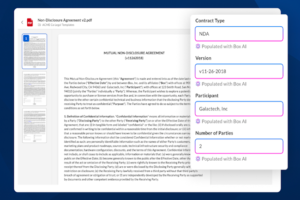The objective of the call for research projects led by Dares aims to better understand how artificial intelligence changes the recruitment practices of different actors in the labor market. Registrations are open until August 27, 2024.
Opening a call for research projects (APR) focused on artificial intelligence and recruiting, the Directorate for the Animation of Research, Studies and Statistics wishes to encourage the carrying out of work to determine the role of these platforms in hiring practices and more generally in the labor market. To this end, the questions are structured around two main axes. The first concerns the consequences of these tools on the behavior and practices of the various actors in the labor market. The other is to think about the effects of automation techniques on the overall effectiveness of the matching process, or meetings between candidates and recruiters. As part of this second component, Dares warns that “the risks of reproducing or exacerbating discriminatory behavior and inequalities in the labor market are real”.Questions then arise for the organization about how to design responsible or trustworthy AI.
Likewise, liability issues are to be expected between those who design the tools (solution publishers) and those who implement them (employers and labor market intermediaries). In respect of these two aspects, they are expected research based on field investigations, qualitative, quantitative or experimental work, or a combination of the two. They can be original but also present themselves as an extension of existing research and be based on data already partially mobilized: extension of an experiment, subsequent investigations, evaluation of a developed system, etc. Furthermore, the applications foreseen under this APR, although priority, are not intended to be exhaustive and projects will not necessarily have to cover all axes.
Duration of work: maximum two years
Particular attention will be paid to the feasibility of the idea and, for qualitative projects, to the presence of land already identified. For quantitative work, the statistical and econometric methods envisaged as well as the sources of the data used must be detailed. The projects must be implemented within a maximum period of 24 months from the signing of the agreement until the presentation of the final report. They will be received until August 27, 2024. Dares has allocated an estimated budget of 400,000 euros, which plans to subsidize 3 to 5 research groups.



